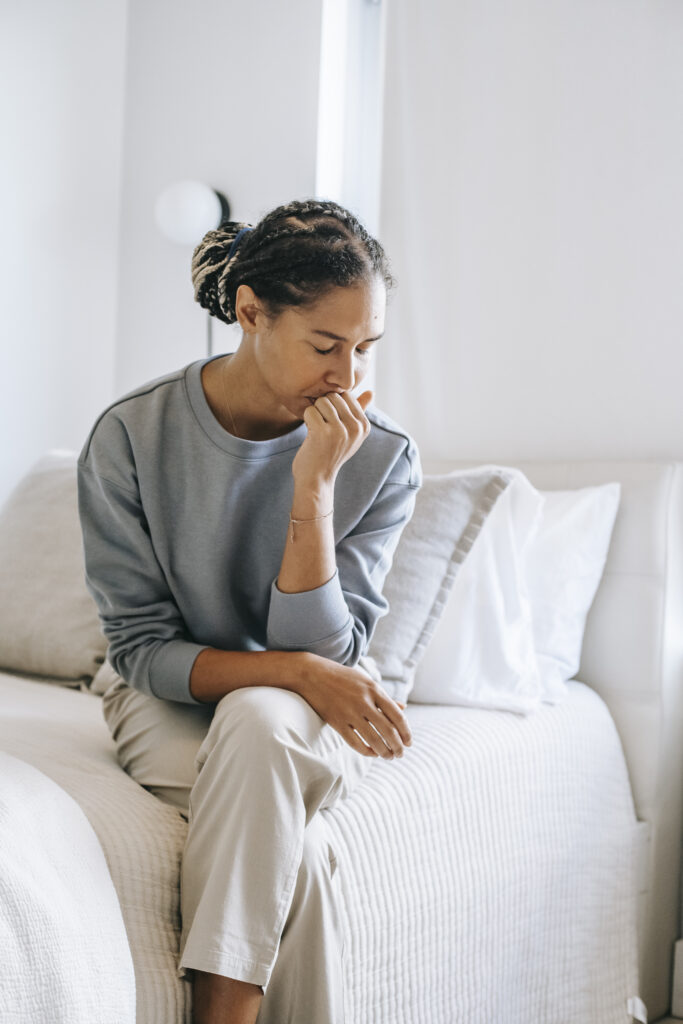Everyone feels stressed from time to time. It’s part of being a human. However, feeling constantly stressed, anxious, or worried could be a sign that something deeper is going on.
Anxiety disorders are common mental health conditions that affect millions of Americans. Experts aren’t exactly sure why some people develop an anxiety disorder and others don’t, but research shows that women have a higher risk.
Only a qualified anxiety therapist can give a diagnosis. With that in mind, here are some of the common signs that indicate you might have anxiety.

1. You Worry About Everything
Again, worry is a part of life for most people. It’s normal to feel stressed about a job interview or big fight with your partner.
However, people with an anxiety disorder often feel consumed with worry–even if there’s no obvious stressor.
Worry can come in the form of racing thoughts: “Did I remember to send that email? If I didn’t send that email, my boss might get mad at me.
What if they fire me? How will I support my family if I get fired?” People with anxiety also find it difficult to control their worry.
2. You Have Trouble Concentrating
Constant worry can make it difficult to focus on what you’re doing. The intense racing thoughts can sweep you up, pulling you away from the present moment.
Sometimes, people with an anxiety disorder feel responsible for worrying. You might feel like you need to worry to make sure that nothing bad happens.
While this is understandable, the reality is that constant worrying can be incredibly draining and take a toll on your mental health.
3. You Can’t Seem to Relax
Trouble relaxing is another hallmark symptom of anxiety. When your mind is constantly churning with worry thoughts, it’s hard to relax into the present moment.
Beyond the mental gymnastics that come along with anxiety, physical restlessness is also common.
You might feel fidgety or have trouble sitting still. Both your mind and body might feel like they need to be in constant motion.
4. You Notice Physical Symptoms
On a similar note, anxiety disorders often come with many physical symptoms. Racing heartbeat, sweating, muscle tension, and headaches are all common amongst people with anxiety.
You might also notice sleep issues or stomach problems. For example, some people with anxiety have trouble falling asleep because of their racing thoughts.
Others might feel nauseous when they’re anxious and have a hard time eating as a result.
5. You Can’t Shake the Feeling that Something Bad is Going to Happen
Many people with anxiety disorders experience a sense of impending doom. In other words, they fear something bad will happen–even if there’s no obvious reason for feeling that way.
This doesn’t mean that you’re crazy or that anxiety is “all in your head.” These thoughts and feelings are very real. Getting help from a qualified anxiety therapist can help you feel more grounded and in control.






